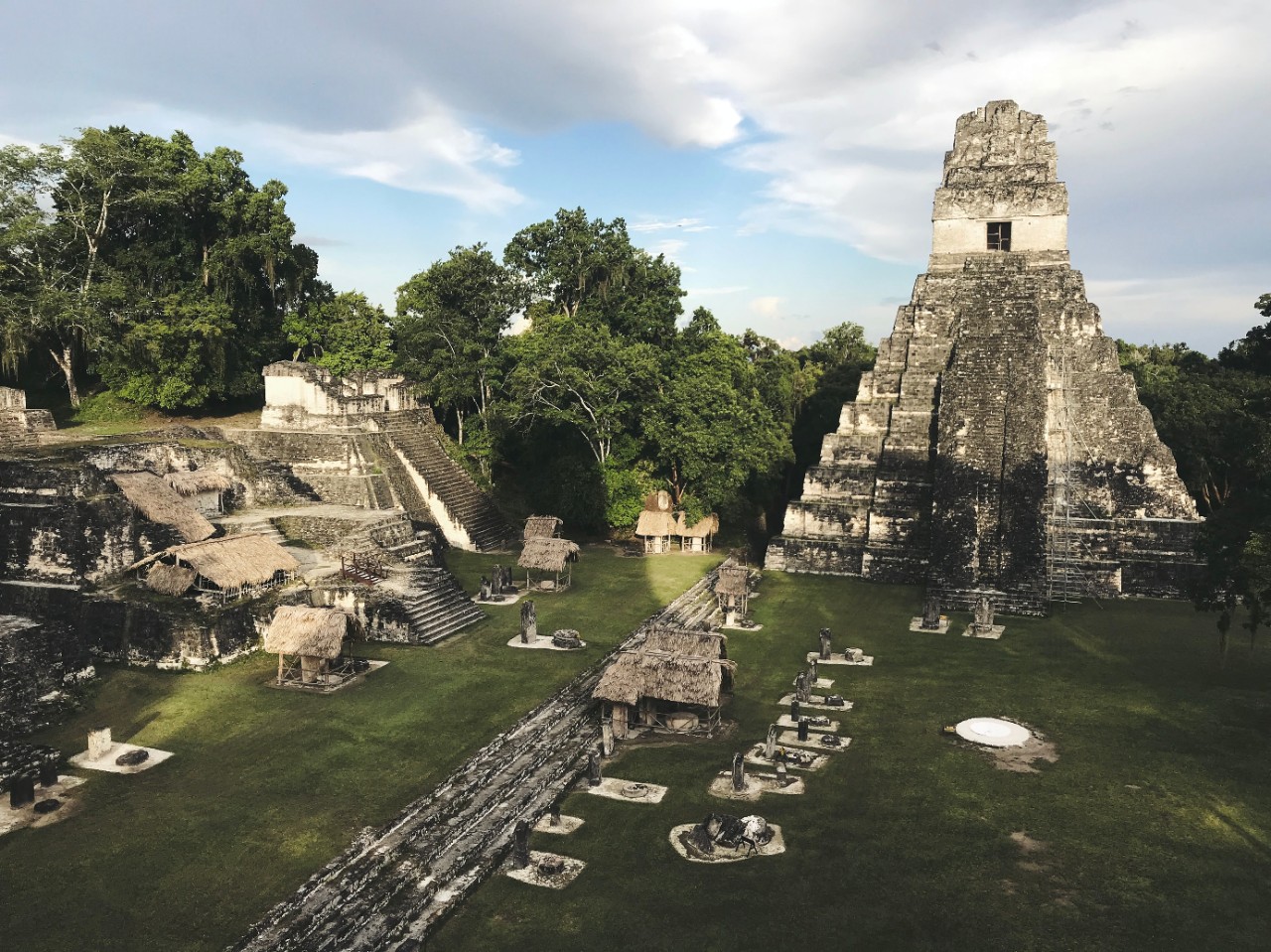
NPR: Excavations reveal sophisticated Mayan water filtration
A multidisciplinary team of UC researchers makes a startling find at Tikal
NPR's Weekend Edition talked to University of Cincinnati researchers about their amazing discovery that the ancient Maya created a sophisticated filtration system to keep drinking water clean.
A multidisciplinary team of biologists, anthropologists and geographers in UC's College of Arts and Sciences found evidence that the ancient Maya imported materials such as sand and zeolite for the express purpose of filtering water stored in the reservoirs that largely provided their only potable water during the dry season.
UC's findings were published this month in the journal Scientific Reports.
NPR host Scott Simon talked to one of the co-authors, UC biology professor David Lentz, about the team's discovery.
"The Maya were a very clever and inventive people. They had stunning architecture. They had beautiful sculptures. They were adept at astronomy. They had mathematics," Lentz said.
The project included lead author and UC associate professor of anthropology Kenneth Barnett Tankersley, UC geography professor Nicholas Dunning, UC assistant research professor Christopher Carr and UC professor emeritus of anthropology Vernon Scarborough.
Featured image at top: The ancient Maya city of Tikal. Photo/Jimmy Baum/Unsplash

UC biology professor David Lentz, pictured at UC's Center for Field Studies, talked to NPR's Weekend Edition about UC's startling discoveries about the ancient Maya. Photo/Joseph Fuqua II/UC Creative + Brand
Related Stories
UC Journalism to host Hall of Fame, Young Alumni Awards
Event: April 24, 2025 6:00 PM
The College of Arts and Sciences’ journalism department will host the Hall of Fame and Young Alumni Awards to celebrate the achievements and accomplishments of its graduates. Induction into the UC Journalism Hall of Fame is a special honor reserved for UC alumni who have excelled in the profession of journalism and media, or individuals who have made a significant contribution to journalism at UC.
Bradford pear trees look pretty, smell awful. Why are they...
April 2, 2025
WLWT talks to UC biology Professor Theresa Culley about Ohio's ban on the sale or planting of nonnative and invasive pear trees. The trees are showing up in many parks and wild areas where they are crowding out native species.
Bird-safe glass added to UC building
April 2, 2025
UC biologist Ronald Canterbury tells Fox19 that bird-safe glass in buildings can save untold numbers of birds.
